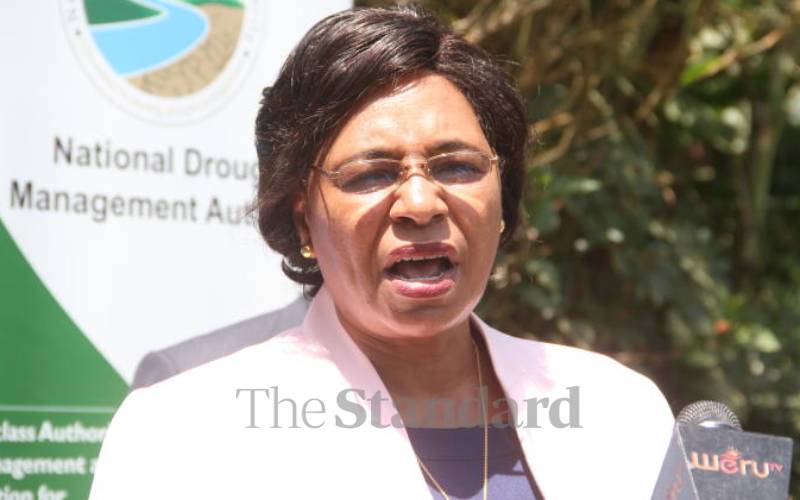×
The Standard e-Paper
Smart Minds Choose Us

Public Service and Gender Cabinet Secretary Margaret Kobia. [Edward Kiplimo, Standard]
All poor households will be listed in a register to enable the government to identify those who are eligible for benefits under the social protection programmes.